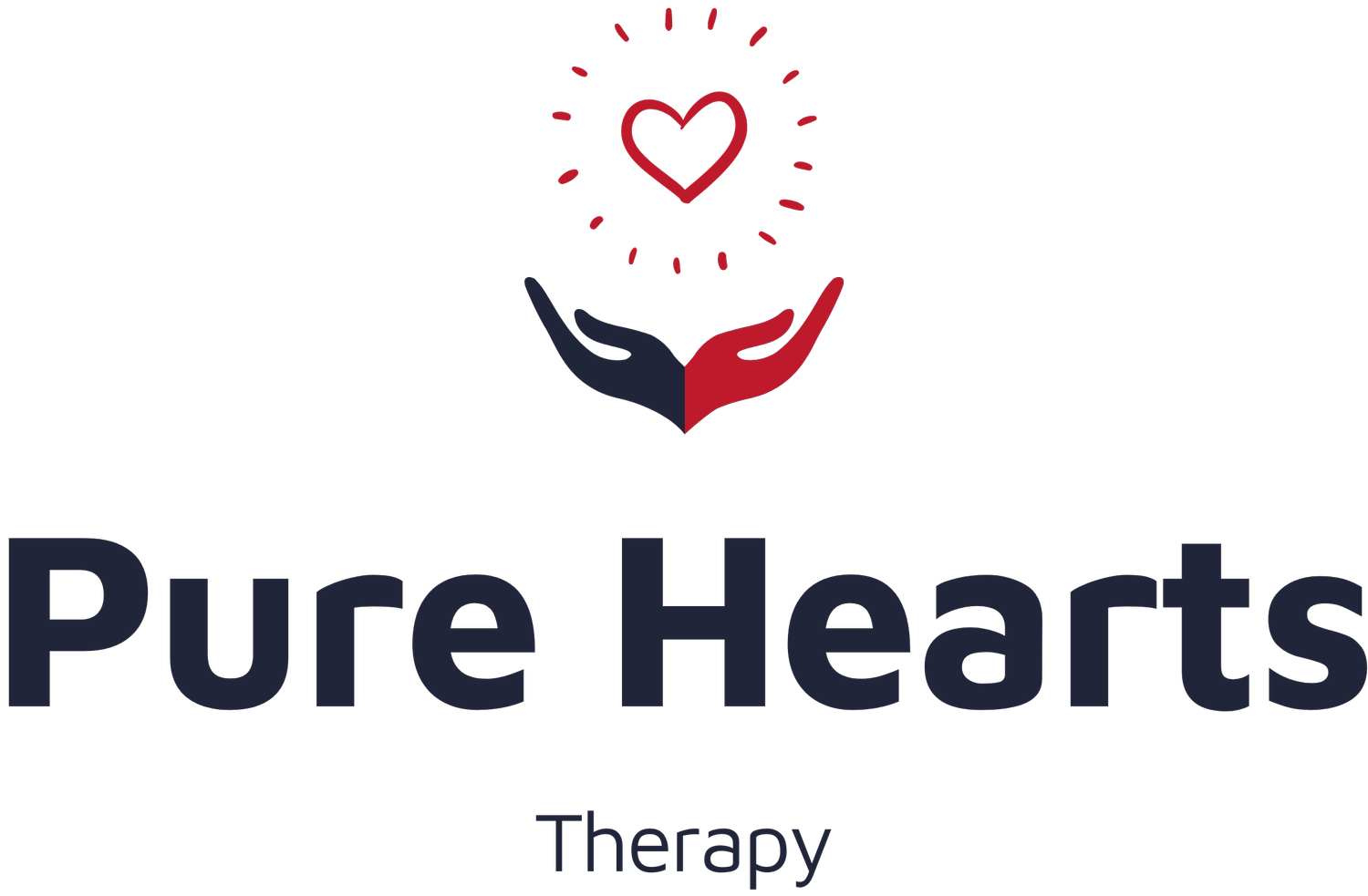Practical Strategies To Maximize Your Child’s Sleep
Would you like to hear how to improve your child’s behaviors, attention, learning, mental and physical health? Do you also find that your child has difficulties with sleeping regularly throughout the night to include waking up tired and irritable. In this episode we discuss sleep, how it impacts our children's development, and give you a valuable tool for you to use to increase your child's overall sleep quality.
Sleep is one of the most important things we do everyday and has the ability to impact every aspect of our lives. Sleep is especially important for the overall physical and mental development of our children.
Sleep affects
Attention and alertness
Learning and memory
Mood
Resiliency
Ability to learn and acquire language
Overall Growth and motor skills
If your child is not getting enough sleep I want you to know that you are not alone. Various reports estimate that up to 50% or kids don't get enough sleep.
On top of that, studies have shown a positive correlation indicating that children on the spectrum who have sensory modulation disorders may also have innate difficulties with sleep.
This is typically related
Overresponsitivity
High arousal
Higher cortisol (stress) levels throughout the day
So how much sleep is enough sleep? This is going to vary but it's typically more than the recommended 8 hours we need as adults.
According to the CDC
Ages 6-12
Need 9 hours of sleep
Middle school kids
6-10 hours of sleep
Generally the younger you are the more sleep you need.
We know sleep is important so what do we do now?
Action plan:
If your child is having regular sleep disturbances. The first thing I want you to do is have a medical evaluation to determine if your child has any sleep disorders or underlying conditions that are affecting his or her sleep quality.
Typically a physician may look for:
Pain
Anxiety
Sleep apnea
Typical Prescriptions include:
Melatonin or a sedative
Medication may not always be necessary.
Ultimately you and your doctor will work together to determine if there is a diagnosis and what route you want to take.
After you have ruled out any underlying conditions. The next step will be to address sleep hygiene:
What is sleep hygiene?
Sleep hygiene is the activities we do during the day and before bed to promote healthy sleep patterns.
Sleep hygiene habits:
Consistent sleep patterns
Going to sleep and waking up at approximately the same time each day
Including weekends
Keeping Bed area or bedroom dedicated for sleep
Keep a cool house temperature
Try Essential oilst
Lavender
Peppermint
Cedarwood
Diffuser/humidifier
White noise machine or aps while sleeping
Meditation apps
Moshi
Calm
Headspace
Sleep apps
SnoreClock
Track sleep and noise
Number of awakening
Sleep efficiency
Keep a consistent bedtime routine
Shower
Pajamas
Brush teeth
Bedtime story
Lights off
Nutrition (Eliminating stimulating food in the evening)
Spicy foods
Caffeine
Sugary foods (candy, soda, juice, soft drinks.
High fat foods
Cured meats
Alternatives
Popcorn
Nuts
Dried tart cherries
Complex carbs
Reducing screen time in the evening
Studies show screen time affect or circadian rhythm by making us more alert
Blue light affects sleep
Mobile device are les preferable
They are often placed right in front of the face making it worse
Can be taken to bedroom
More light = less melatonin release
Emits alerts
Try placing parental controls on devices
keep a sleep journal
Try using a written journal or Sleep better app to track
Bed times
Awake times
Noise
Movements
Light
Activity during the day
Walk
Park
Types of food (spicy, strong foods)
Stressors (meltdowns, routines changes, school difficulties)
Routines before bed
Weighted blanket
Massage
Stuffed animals
Oils
music
Tools that help your child calm and soothe at night
Recap
If there are major sleep disturbance, please have your child evaluated by a physician to rule out underlying sleep conditions such as
Anxiety, sleep apnea, pain
Promote healthy sleep hygiene routines
Consistent bedtimes, bedtime routines, and bedroom environment
To remind the mind and body it's time to sleep
Avoiding sugary, high fat, or caffeinated food and drinks
Reducing screen time in the evening
Keeping a sleep journal
Use a mobile app or written journal
Bed times
Physical activity
Stressors
Stimulants around bedtime
Routine changes
Tools (massage, weighted blanket, lighter, white noise, etc) that help you child sleep
Subscribe Now & Leave a Review
Apple Podcasts, Spotify, Google Podcast, & Stitcher
Visit our Website
Follow Us:
Facebook Group: Autism Family Toolkit
